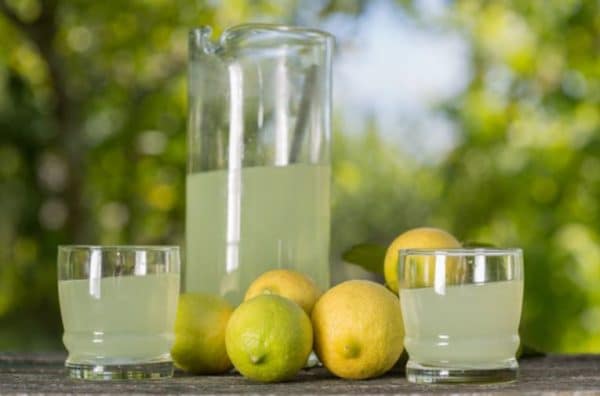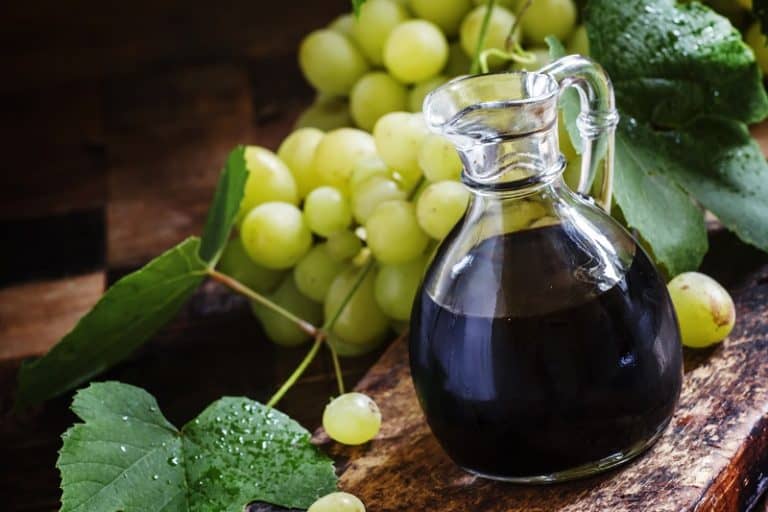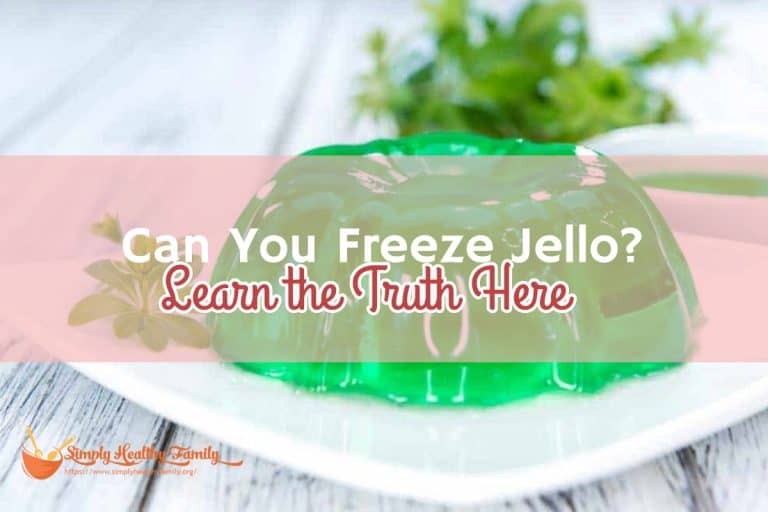How to Tell if Lemon Juice is Bad – A Guide
Does Lemon Juice Go Bad?
The short answer to that is, yes. Lemon juice does go bad.
You might assume that the citric acid in lemon juice will keep it from spoiling. While that’s true to some extent, it’s not a very long extent.
When lemon juice is left out at room temperature or in a hot room, bacteria will invade and spoil the juice. Consuming spoiled lemon juice may give you food poisoning, which is really unpleasant and even dangerous.
How to recognize spoiled lemon juice

Spoiled juice changes to a darker yellow color. When you taste a tiny bit, you’ll notice that the tanginess has gone flat. It will also have an off smell. Discard it right away.
Fresh lemon juice will spoil more quickly than bottled, as it doesn’t have preservatives. Keep freshly squeezed juice no longer than 3 days, even if it’s chilled in the fridge.
Commercially bottled lemon juice which has been opened then refrigerated will last about six months. You don’t need to refrigerate unopened bottles.
Discard lemon juice from bottles that leak, bulge out, or are dented.
If you notice a patch of mold on your lemon juice, pour it away immediately and rinse the bottle out before discarding or recycling. Any moldy food item can cross-contaminate other foods in your fridge and kitchen.
Food poisoning from lemon juice gone bad
The greatest danger from food poisoning is to the very young, the elderly, or those with an autoimmunity ailment.
Any food may become contaminated, not only lemon juice. Here’s a list of possible food poisoning symptoms.
Diarrhea. If you develop diarrhea, drink lots of plain water to prevent dehydration. Avoid dairy, meat, alcohol and sweet foods. Stay with mild, strained soups and if needed, add electrolyte powder to your drinking water.
Stomach pain. If stomach pain is accompanied by vomiting and diarrhea, speak to your doctor right away.
Vomiting. If you’re sure that vomiting is the result of eating contaminated food or liquids, don’t try to stop it. You need to get rid of the contaminated substance.
It’s important to stay alert for signs of dehydration. They can be scant, dark-colored, and strong-smelling urine; unusual thirst; dizziness; fatigue; dry mouth, lips and eyes. Sometimes there is a pain in the lower back.
If you feel these symptoms, seek medical help immediately.
Cold sweats or fever. These are also possible symptoms of food poisoning.
Symptoms of food poisoning may develop within minutes or hours, but some bacteria develop and colonize your gut only after a few days. You should see a doctor if you’re vomiting for more than two days, have diarrhea for more than three days, have a body temperature over 101.5° F, or have reason to believe that you’re dehydrated.
Selecting good lemons

Inspect the lemons you buy for mold, cuts, or bruises. Thin-skinned lemons are juicier than ones with thick peels.
You can buy green lemons to ripen in a paper bag. Lemons ripened like that are home are often sweeter and juicier.
See Related Topic: Does Ginger Root Go Bad – A Guide
Safely storing freshly squeezed lemon juice
Freshly squeezed lemon juice should be stored in an airtight bottle or container, in the fridge. It will last for 3 days.
Light, even the light in the fridge, destroys the juice’s quality. Store the juice in a dark bottle, or wrap the dark paper around the bottle or jar, to exclude the light.
You can safely freeze lemon juice and the frozen fresh juice lasts up to 6 months.
It’s convenient to freeze lemon juice in ice cube trays, to thaw out when needed. When the juice is thoroughly frozen into cubes, remove them to a sealable freezer bag.
Lay the bag out flat in the freezer. You can accumulate a lot of lemon juice cubes without taking up too much space in the freezer.
One ice cube has a volume of 2 tablespoons, so you easily know how many cubes of lemon juice to thaw out for a recipe.
Another way to store lemon juice in the fridge or freezer is to use the home vacuum seal method:
- Pour the juice into a sealable plastic bag. Stand it up so as not to let it spill the juice. Place a straw in a corner of the bag. Seal it almost shut, leaving the straw.
- Squeeze all possible air out of the bag, which will go out of the straw. Once completed immediately remove the straw and then seal the bag.
Whole fresh lemons may also be frozen. Rinse the lemons, then pat them dry before freezing.
Frozen lemons will turn mushy when thawed out, but their juice will be fine. It’s easy to squeeze frozen lemons, too.
You may also freeze lemon zest in small, sealable plastic bags.
Safely storing bottled lemon juice

Keep unopened bottles of commercial lemon juice in a cool, dark place, like the pantry or a cupboard that’s far from the stove.
Once the bottle is opened, close it tightly and store it in the fridge. An unsealed bottle will stay good for at least 6 months.
The preservatives and heat-processing that bottled lemon juice goes through increases the shelf life of bottled lemon juice. You may keep bottled lemon juice a year without refrigeration until the bottle is opened.
Once a bottle of commercial lemon juice is opened, store it in the fridge. It will keep for 6 months.
The white sediment at the bottom of the lemon juice bottle
If it’s fresh, refrigerated lemon juice from the supermarket, the white sediment is probably bits of pulp or peel. If the label has instructions to shake the juice before using, it’s even more probably natural fresh juice.
Bottled juices usually don’t have sediment, because of additives present other than preservatives, such as added fiber, modified starch, carrageenan, xanthan gum, and gum acacia.
These additives are there to give the liquid body, imitating natural juice. The label may also reveal emulsifiers that keep the various ingredients together fluid and smooth.
It’s not always convenient to squeeze fresh lemons at home, we know. But whenever possible, shop for lemon and other juices that are fresh-squeezed and refrigerated in bottles. And store your juice safely.
You May Also Like: How to tell if a Sweet Potato is Bad – A Guide






